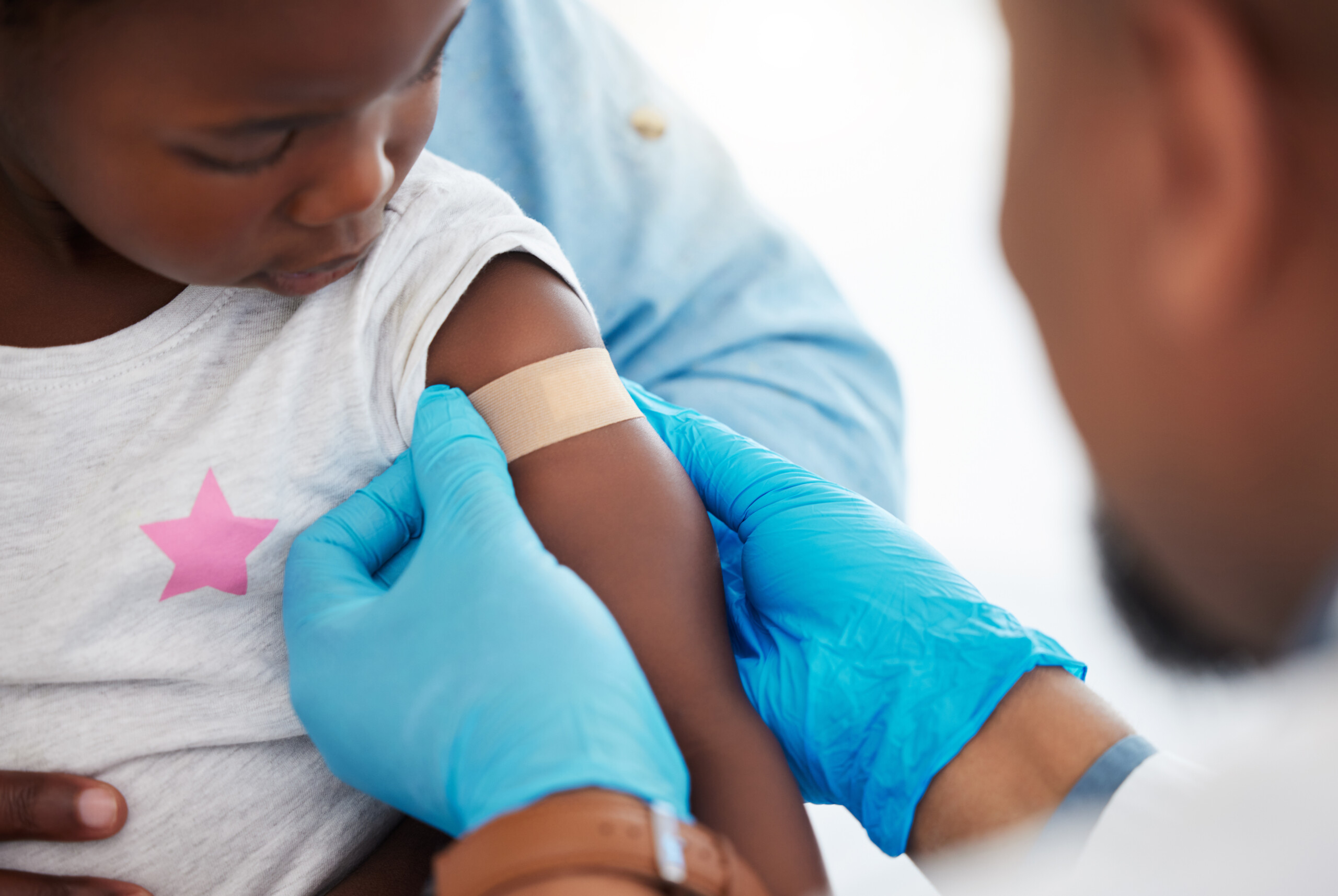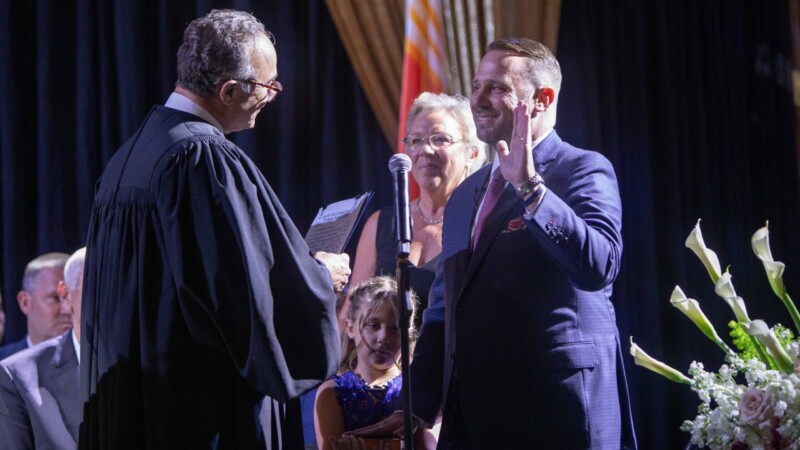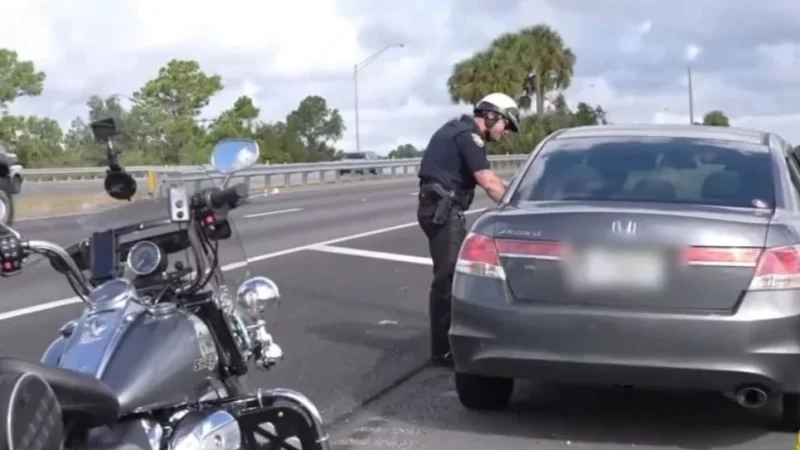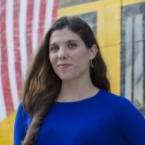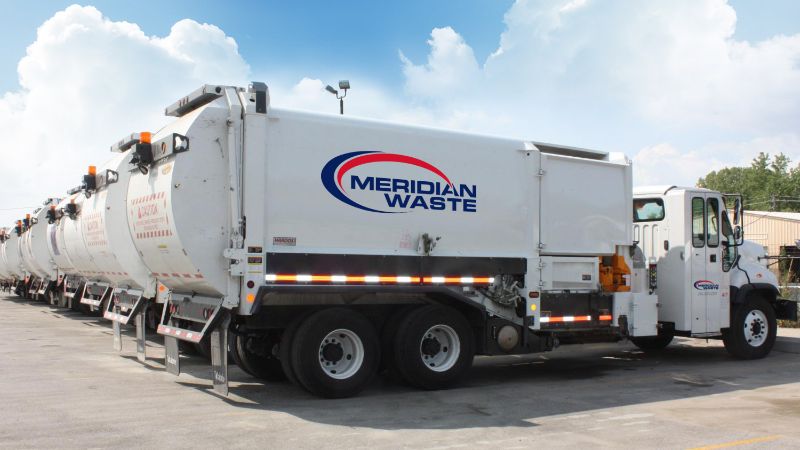Childhood vaccination rates in Florida continue to decline, part of a national trend as misinformation spreads more widely and hesitancy increases, health experts said.
In the 2023-24 school year, 88.1% of kindergartners completed required vaccines that protect against severe illnesses, including measles, polio and chickenpox, according to the U.S. Centers for Disease Control and Prevention.
It’s one of the lowest rates in the nation, and it concerns physicians like Dr. Jennifer Takagishi, vice president of the American Academy of Pediatrics’ Florida chapter and a professor at the University of South Florida.
READ MORE: The measles spike in Florida and vaccine misinformation
High vaccination rates are critical to preserve immunity in the population, she said, so that those who can’t get the shots are still protected. Those include people with medical issues or children who aren’t old enough to qualify for a specific dose.
Measles, for example, requires 95% of people to get vaccinated with two doses to maintain what’s known as herd immunity.
“Even in the last couple of years we’re having more and more measles outbreaks because people are not meeting those recommendations,” said Takagishi. “We’ve seen them in Ohio and we had several in Florida in the last year or two.”
Florida leads Southeast in exemptions
The national average for all vaccines dropped to 92.3% of kindergarteners, while exemptions for one or more vaccines increased to 3.3% from 3%.
Exemptions in Florida were much higher, with 4.8% of kindergarteners in the state receiving exemptions, nearly all for nonmedical reasons. The state leads the Southeast in these exemptions.
Most patients at Dr. David Berger’s Tampa practice, Wholistic Pediatrics & Family Care, do get the recommended childhood vaccines. But more parents are expressing concerns that the risks of side effects outweigh the benefits of protection, he said.
READ MORE: Four ways vaccine skeptics misled you on measles and more
Berger talks to these parents about which vaccines he believes are “most relevant” for their kids.
“If a family is choosing to take an alternative path, we talk about the ones that are more relevant that may be more helpful for the kids, like whooping cough,” he said, which is also known as pertussis. “There’s more whooping cough around than all of these [childhood vaccine] diseases, and it’s on the upswing. Whereas polio, unless you’re traveling to Chad or Pakistan, you really have a low chance of getting exposed to polio.”
Some of these deadly diseases are so rare in the U.S. because so many people were vaccinated against them in recent decades, said Takagishi.
“But the more that we decrease our vaccines, the more they’re going to increase,” she said. “Most of these diseases have been around for centuries, and they’re very smart. They know how to outsmart us, and so the only protection we have for most of these is vaccination.”
COVID and social media fueled hesitancy
Vaccine hesitancy has been around for a long time, said Takagishi, but she has noticed a surge since the COVID-19 pandemic.
Vaccine skeptics, including some social media personalities, and government officials like Florida Surgeon General Dr. Joseph Ladapo advised people against getting the mRNA vaccines developed to protect against the coronavirus.
Misinformation spread rapidly, Takagishi said, and it’s helped fuel hesitancy about all immunizations. Allthough claims that the measles vaccine is linked to autism in children have been debunked, a 2024 poll from the health research organization KFF found more than half of Americans expressed some uncertainty about whether the vaccine was more dangerous than the disease itself.
Evidence from the CDC and other major health organizations show childhood vaccines are safe and effective, said Takagishi, who stressed it’s important for parents to talk about their concerns with pediatricians.
It’s also key that doctors don’t shame families for feeling uncertain about vaccines, said Berger, as it could drive them away from seeking health care in general.
“I do have a lot who are like, ‘You know what? I don’t know if I want to give all of those [recommended vaccines] at 2 months of age, can we split them up?’ or ‘Hey, I think these are more relevant; can we get these taken care of before we head into the other ones that I think are less relevant,’ so those types of things,” Berger said.
Some pediatricians refuse to treat families who don’t get their children vaccinated, which Berger calls a “misguided policy” that could cause kids to miss out on receiving preventative care from qualified sources.
President-elect Donald Trump has nominated Robert F. Kennedy Jr., a prominent vaccine skeptic, to serve as Health and Human Services Secretary, and some pediatricians like Takagishi worry there could be changes to policies regarding vaccine requirements and increased hesitancy among the public.
The American Academy of Pediatrics will “continue to follow the science,” she said.
“I would hate for us to get back to a state where we are not having routine vaccinations and seeing people dying from diseases that we can prevent,” said Takagishi.


